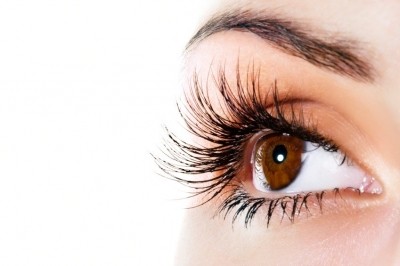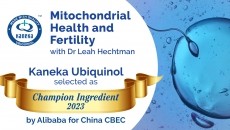Lutein, zeaxanthin may reduce cataract risk: Study

The protective effects of lutein or zeaxanthin were reported to be similar to those of vitamin E (alpha-tocopherol), according to findings published in Molecular Vision.
The study adds to an ever-growing body of science supporting the role of lutein and zeaxanthin for eye health, with the majority supporting their role against age-related macular degeneration, the leading cause of legal blindness for people over 55 years of age in the Western world, according to AMD Alliance International.
Finnish researchers recently reported similar findings regarding lutein and zeaxanthin and the risk of cataract. Results published in the British Journal of Nutrition (doi: 10.1017/S0007114511005332) indicated that the highest average levels of lutein and zeaxanthin were associated with a 42 and 41% reduction in the risk of cataract, respectively, compared with the lowest average levels.
The new study was performed by researchers from Sun Yat-sen University in China and the Jean Mayer USDA Human Nutrition Research Center on Aging, Tufts University.
Study details
The researchers took cells from the human lens and soaked them in lutein, zeaxanthin, or alpha-tocopherol for 48 hours before exposing them to the oxidizing compound hydrogen peroxide (H2O2) for one hour. They then measured the various markers of oxidative stress, DNA damage, and cell viability.
Results showed that H2O2 significantly increased levels of oxidized proteins, lipid peroxidation, and DNA damage, while such damage was reduced when the cells were incubated with lutein, zeaxanthin, and alpha-tocopherol.
“These data indicate that lutein or zeaxanthin supplementation protects lens protein, lipid, and DNA from oxidative damage and improves intracellular redox status upon oxidative stress,” wrote the researchers.
“The protective effects are comparable to that of alpha-tocopherol, except that lutein and zeaxanthin cannot compensate for GSH depletion. The data imply that sufficient intake of lutein and zeaxanthin may reduce the risk for senile cataract via protecting the lens from oxidative damage.”
Source: Molecular Vision
Volume 17, Pages 3180-3190
“Lutein and zeaxanthin supplementation reduces H2O2-induced oxidative damage in human lens epithelial cells”
Authors: S. Gao, T. Qin, Z. Liu, M.A. Caceres, C.F. Ronchi, C-Y.O. Chen, K.-j. Yeum, A. Taylor, J.B. Blumberg, Y. Liu, F. Shang















